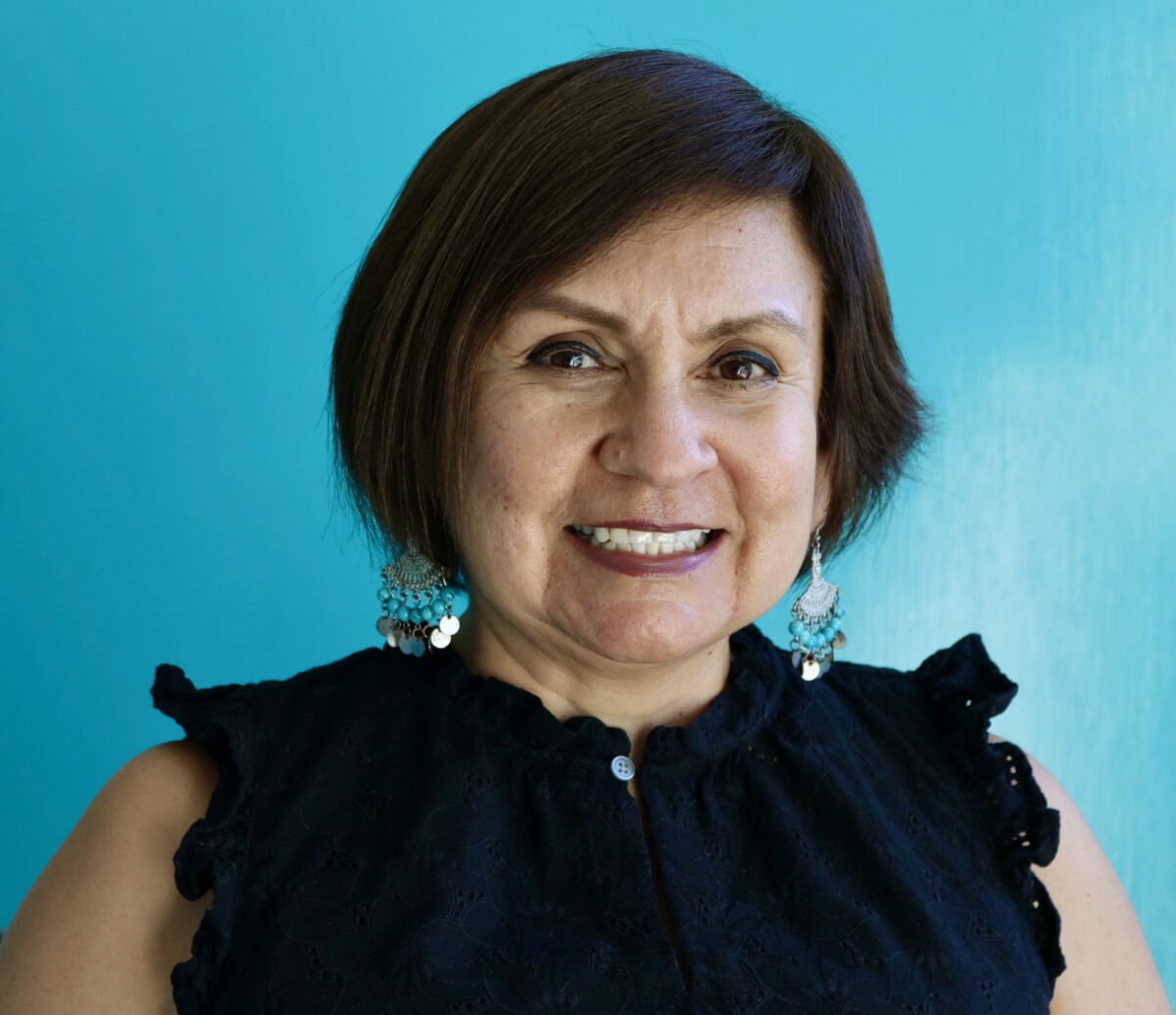By Clara Houser
“Congress shall make no law respecting an establishment of religion, or prohibiting the free exercise thereof; or abridging the freedom of speech, or of the press; or the right of the people peaceably to assemble, and to petition the Government for a redress of grievances.”
– First Amendment of the United States Constitution
The First Amendment of the United States Constitution guarantees fundamental freedoms, including the right to free speech and press. However, many may not be familiar with how that applies to students, student-run press, educators, and administrators.
California Education Code Section 48907 gives students the power to free speech in schools with a few exceptions. Those exceptions being, it can not be libelous, slanderous, or create a clear and present danger.
This code also prohibits administrators from censoring students or using prior restraint, as well as protects educators and advisors from punishment for not censoring articles.
Even with these legal protections, student free speech rights are still violated as shown in 1969 Supreme Court case, Tinker v. Des Moines, but these issues have not been left in the past.
A local case that occurred recently at Sanger High School, where random classroom searches prompted Sanger Hi-Lights journalism advisor and a student reporter to publish an article on the searches.
The searches include trained dogs and 3 – 5 security personnel. Students will randomly be ordered out of classes, leaving their belongings behind, and line up to be wanded down by a metal detector.
The school district responded to the publication of the article by demanding the removal of the article under threat of terminating the advisor.
Similarly, in November 2021, student journalists of Daniel Pearl Magnet High School in Los Angeles, California, published an article on the protests of the Covid-19 vaccine mandates to their school newspaper, The Pearl Post.
The article included the absence of the school’s librarian, Greta Enzser, who did not return to school after the mandate was put in to affect. Following publication, Enzser filed a complaint insisting her name removed from the article, stating it was a violation of HIPAA.
The district subsequently demanded the removal of Enzser’s name from the article, leading the journalism advisor, Adriana Chavira, to refuse, stating her program was well within its rights according to California Education Code Section 48907.
In September 2022, the district suspended Chavira for three days without pay on an automatic appeal by the teachers union.
In response to Chavira’s suspension, the Student Press Law Center (SPLC) with 22 organizations and individuals sent a letter to the Los Angeles School District advising them to reverse the disciplinary actions taken against Chavira.
One of the 22 signatures included Tamara Pearl, Vice President of the Daniel Pearl Foundation and Daniel Pearl’s sister (whom the school was named in memory of).
Judea Pearl, President of the Daniel Pearl Foundation and father of Daniel Pearl, along with the Los Angeles Press Club, came to Chavira’s support in a letter advocating for the reversal of disciplinary actions against Chavira.
Two weeks after Chavira’s suspension, the district reversed the suspension and backed out of disciplinary actions against Chavira.
Rewarding her victory, the SPLC awarded Chavira and her students, Nathalie Miranda, Gabrielle Lashley, Delilah Brumer, and Valeria Luquin, with the 2023 Courage Award for their battles against censorship.

“It’s a reminder that we still need to fight to make sure that we have freedom of the press,” says Adriana Chavira, Advisor of The Pearl Post and board member of the Student Press Law Center.
California is fortunate to have student press freedom laws since 1977, however many officials and educators are not aware of them.
Chavira says, “There is definitely still a lot of education that we need to do to make sure that everyone knows what the rights of student journalists are.”
“The SPLC has a campaign to add similar state laws across the country and every year we’re getting a few more states that have New Voices Laws that protect or that give student journalists freedom of the press, and so we need to make sure that students continue to have those rights on campuses and not take them for granted.”
“I think sometimes students are afraid to rock the boat and cover topics that maybe make them a bit uncomfortable or maybe that they’ll think, ‘Oh this is going to make the school look bad.’”
“I think that students don’t realize they have a voice, they have a unique voice that often is not portrayed in the media, we don’t hear often from teenage voices.”
“That’s why we need to make sure that they have their voices heard and their perspective heard on new issues that are worldwide or just local issues as well,” says Chavira.
Journalists of The Pearl Post connected with the Student Press Law Center, gaining their support and guidance during the time they were struggling with censorship. When censorship or violation of student press rights occurs, Chavira advises to reach out to the Student Press Law Center, their legal hotline is free and will assist with student press-related questions and concerns.
In addition to legal protections, creating a space where students feel empowered to use their voices in a safe environment is crucial.
Since, July 2013, Black Lives Matter (BLM) became a trending hashtag on social media after the death of teenage Trayvon Martin in a Florida shooting. The hashtag resurfaced in May 2020 after the murder of George Floyd in Minnesota. Floyd’s death sparked worldwide protests, among these protestors, students of El Diamante High School showed their perspective on the movement.
Summer 2020, El Diamante students made hundreds of signs in support of the BLM movement and covered the eastern fence of the school, stretching down the fence bordering Akers Street and Wagner Avenue. The signs, intent, were to be peaceful, yet sparked controversy and conflict, causing a possible dangerous environment for the student protestors.
The Visalia Unified School District held a closed forum including District Administrators, Chief of the Visalia Police Department, Jason Salazar, and 14 students selected by the Administrator of Equity and Student Services, Dr. Brandon Gridiron.
After coming to a compromise, College of the Sequoias (COS) agreed to designate a parking lot fence (Lot 7) for the signs.
Four days following the compromise, students held a protest in front of El Diamante forming a human chain. Each student stood six feet apart holding caution tape in front of the fence, stretching down Akers Street.
The students followed through with the protest, knowing the signs were going to be relocated to COS, where the signs were permitted to stay until August 10, 2020.

“Free speech, the first amendment, is probably one of the most important things that we have to create change, and so never wanting to stifle young peoples’ voice and advocating for what they believe is right,” says Dr. Brandon Gridiron, current Redwood High School Principal and former Administrator of Equity and Student Services.
“The challenge was the nuance of freedom of speech because there are various people who had their opinions and thoughts about this whole thing. So navigating that was the challenge, it’s really trying to make sure that I’m honoring the idea of the freedom of speech because there are people who have opinions on either side about this issue,” says Gridiron.
Gridiron adds how it was crucial to bring the student protestors to a space where they felt they could voice their opinions. At the time, they didn’t have a space to go to and didn’t feel their voices heard, which is why they went to the fence.
Gridiron says, “This is how our country makes change, is that people are given the right to have free speech and that speech then elevates to dialogue, that dialogue then elevates to change.”
Gridiron also voices the personal effects of the situation. Being the Administrator of Equity and Student services, he had a significant role in the protest, having to be an advocate for the student protestors and an administrator who had to fulfill his position.
Gridiron says, “People who are in positions that affect change that may ruffle feathers or may create some opposition, have to kind of censor themselves, they have to say things the right way, meaning be cognizant of how you say it.”

Megan Yang, ‘24, a News Editor and four-year journalist for the Redwood Gigantea, contributed with her outlook on freedom of speech.
“Freedom of speech is so important because everyone deserves the right to express the way they feel, in a peaceful manner,” says Yang.
“I believe it’s one of the most important rights we have as a civilization because if we didn’t have the First Amendment, people would not have the opportunity to speak on the issues they see going on without punishment from the government.”
Ultimately, the fight for free speech and press rights in student journalism is ongoing. It’s essential to stay educated on censorship and the First Amendment rights.

